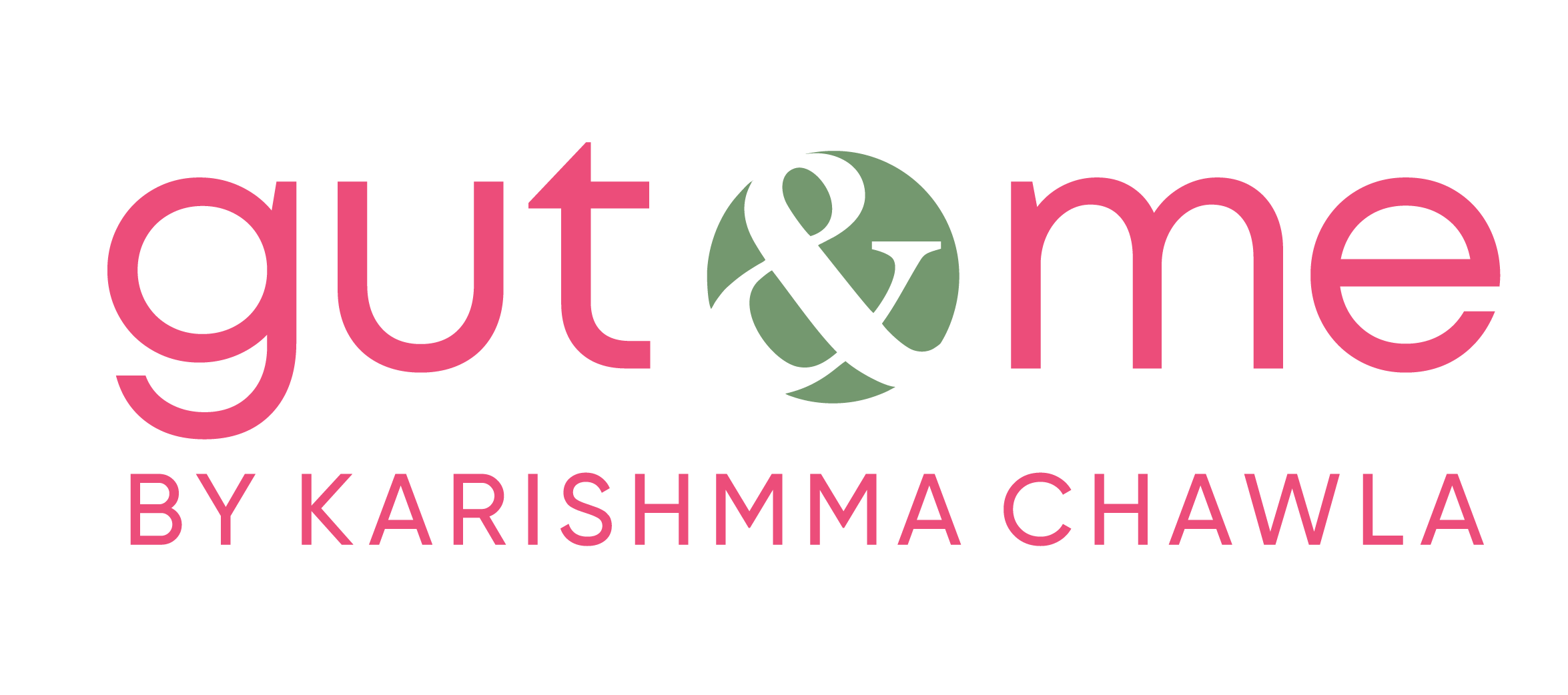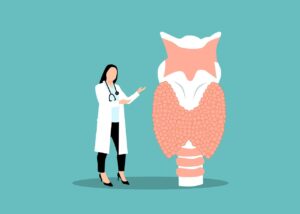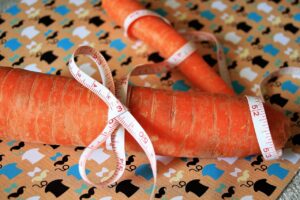‘Today I finally evacuated after 2 days!’, I’m feeling uncomfortable after evacuation too! Ever caught up in this situation? If yes then let me tell you it’s the issue of ‘constipation’ what exactly that is, it’s the disturbance of the digestive tract, clogging the small or large intestine resulting in irregular bowel movement or incomplete evacuation.
It can lead to bad breath, insomnia, loss of appetite, discomfort, bloating, and in severe cases complications such as hemorrhoids or anal fissures. Constipation occurs mainly due to poor eating habits, lack of fiber bulk in the diet, lack of exercise, or consumption of excess coffee or caffeinated drinks.
Most of the foods we eat today lack natural bulk or “roughage” resulting in digestive issues, such as constipation. It affects women disproportionately due to various physiological and hormonal factors. There always has been some unfriendly relationship between constipation and women let’s decode it together what it is.
Understanding Women’s Constipation
Several factors contribute to constipation, particularly in women (this can differ from woman to woman):
- Eating Not Enough Fiber: A diet low in fiber and fluids, and high in processed foods can slow down digestion and contribute to women’s constipation.
- Hormonal imbalance: Hormonal changes during menstrual cycles, pregnancy, and menopause can affect bowel movements. Let me explain it to you with an example, progesterone, a hormone elevated during pregnancy, can relax the muscles in the bowel walls, slowing down transit time.
- Lifestyle Choices: Lack of physical activity, ignoring the urge to have a bowel movement, and high-stress levels can contribute to constipation.
- Medications: Certain medications such as iron supplements, antidepressants, and painkillers mess with your bowel habits.
- Medical Conditions: Conditions such as irritable bowel syndrome (IBS), hypothyroidism, and diabetes can contribute to chronic constipation.
Gut Microbiome and Constipation
The gut microbiome is critical for digestive health as this population plays a very big role in GI functioning. Dysbiosis, or changes in the composition of the gut microbiota, where the bad bacterial growth is much more than the good ones can cause digestive diseases such as constipation:
- Role of Fiber: Fiber-rich foods promote the growth of beneficial bacteria in the gut, which produce short-chain fatty acids (SCFAs) that help regulate your bowel movements.
- Probiotics and Prebiotics: Probiotics are live good bacteria that can improve gut health, while prebiotics are fibers that nourish these bacteria. Both assist in reducing constipation by fostering a healthy microbiota.
- Impact of Antibiotics: Prolonged or frequent use of antibiotics can disrupt the gut microbiota, leading to constipation and other digestive issues. This means these meds will kill both your good and bad bacteria together. As a pill is not trained to just kill bad bacteria, you know!
Effective Strategies to Manage Women’s Constipation
Dietary Tweaks:
- Increase Fiber Intake: Incorporate extra fruits (blueberries, pears, apricots), vegetables (cooked or raw), whole grains, legumes, nuts, and seeds into your diet to provide enough of fiber, which bulks up stool and promote regular bowel movements. Now here comes a drill, non-vegetarian sources such as meat, chicken, and fish are empty of fiber.
- Hydration: Drink plenty of water throughout the day to keep stools soft and easy to pass. Plenty? Ideally, you should take 3-3.5L per day.
- Fermented Foods: Including fermented foods like yogurt, sauerkraut, and kefir into your diet helps support a healthy gut microbiome.
- Supplementation: Based on test results, supplements such as probiotics, magnesium, or herbal remedies address specific deficiencies or imbalances, boosting your energy levels and maintaining a healthy body.
Lifestyle Changes:
- Chewing: This is something we have been told since childhood, but we never give it as much importance as it should be given. Chewing your food properly till it forms a peanut butter consistency is extremely crucial, as the first step of digestion begins in your mouth. Now, when I say this, I mean you should chew each bite at least 15 times!
- Regular Exercise: Physical activity such as strength training and yogic asanas stimulates bowel movements and improves overall digestive health. Toning, strengthening, and activating the abdominal and pelvic muscles helps stimulate the peristaltic action.
- Stress Management: Practice techniques for relaxation such as meditation, yoga, or deep breathing exercises, these will release stress, calm your mind and body, and help ease your constipation problems.
Conclusion
Women’s Constipation is not just about what you eat or how you move, it’s a mix of everything from diet, lifestyle, hormonal factors, and gut health. By addressing underlying imbalances through dietary adjustments, lifestyle changes, and targeted interventions, women can improve their digestive health and overall well-being.
It is as simple as it gets, a natural and simple diet consisting of unrefined grains, vegetables, fruits, legumes, nuts and seeds, and avoid sugary and salty foods, refined flours, and bakery items. With the right guidance, you’ll be pooping regularly and feeling awesome again in no time.
Tired of dealing with constipation? Karishmma Chawla offers personalized nutrition guidance to deal constipation in women.





